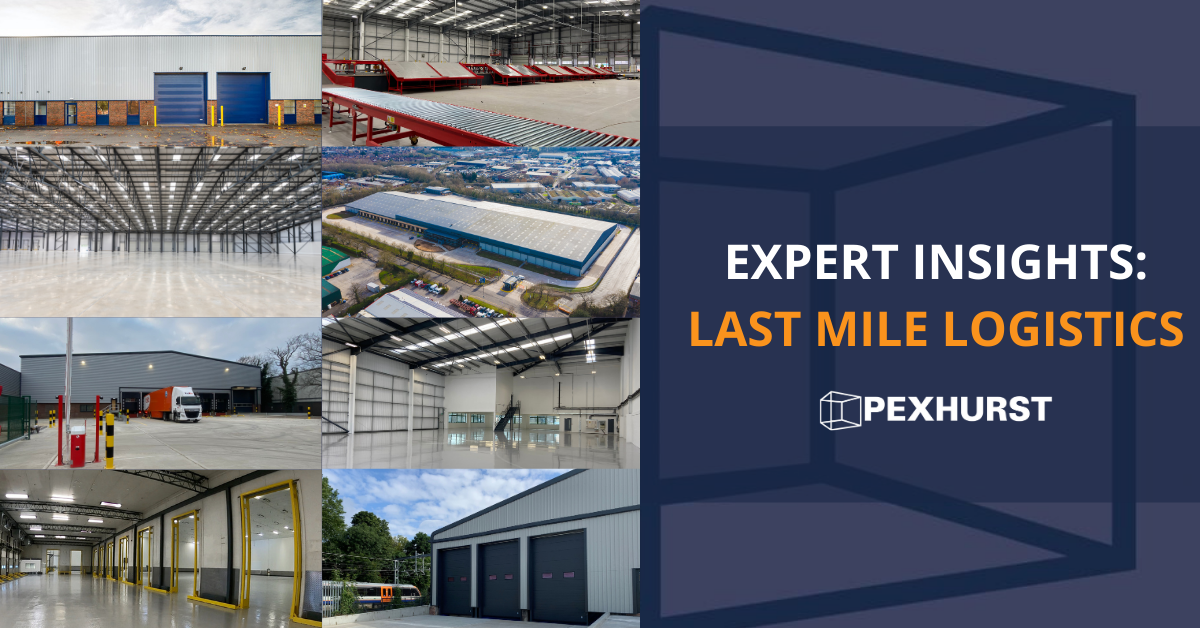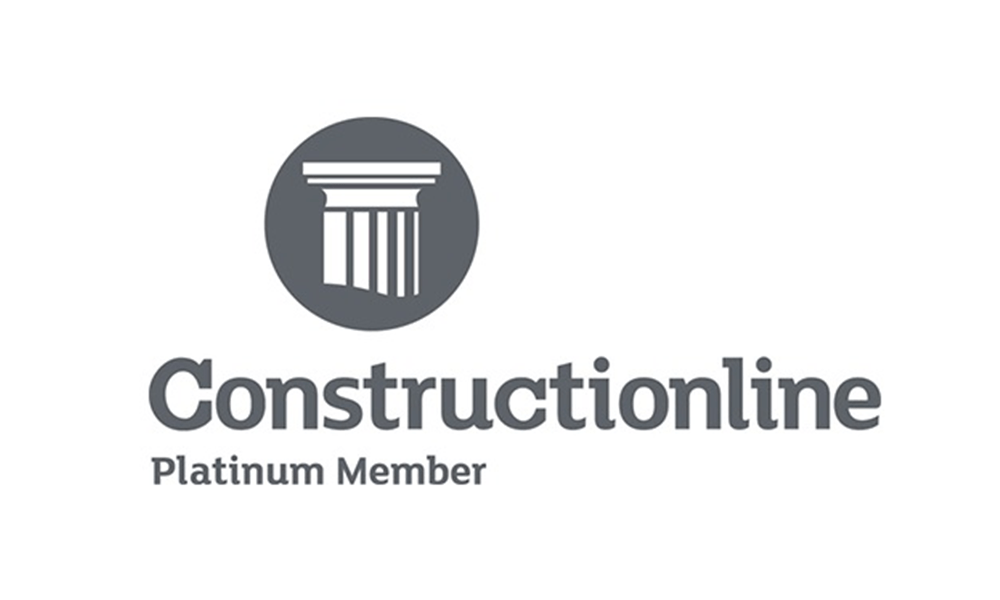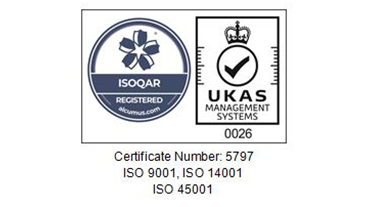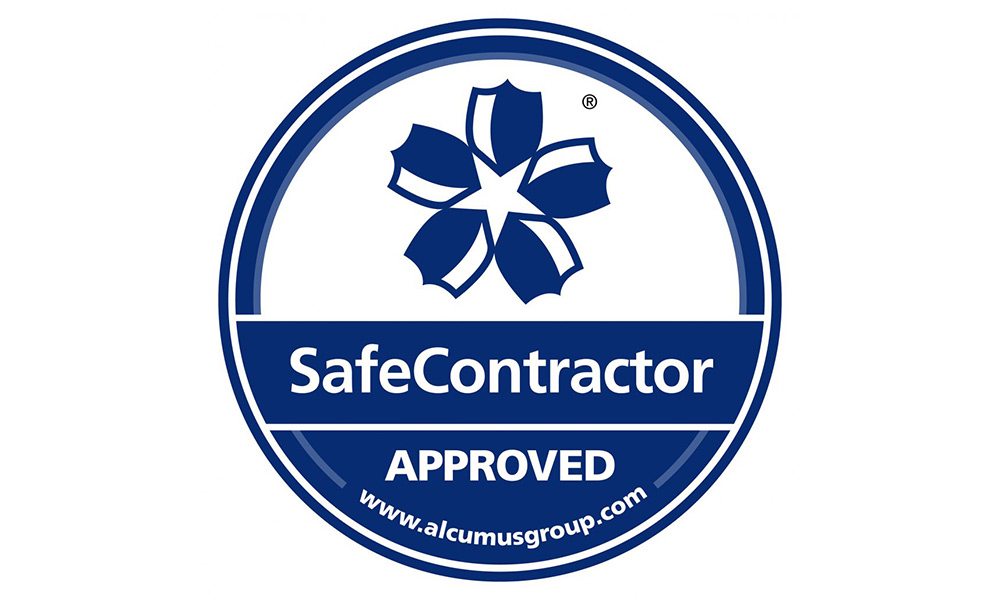It’s widely acknowledged that industrial and logistics has fared much better than other asset classes throughout the pandemic. And as COVID-19 continues to fuel the growth of e-commerce sales across the UK – online sales grew by 46% in 2020 compared to the previous year according to the ONS – spaces for last mile logistics have experienced unprecedented demand.
According to Savills, 2020 saw all previous records broken when it comes to industrial and logistics take-up. The firm recorded 112m sq. ft. of requirements across the entire market, the highest level ever recorded. Demand remains strong in 2021 – albeit supply low – and requirements have shifted from short-term crisis management to longer-term strategies.
At Pexhurst, we have a long and varied history with leaders in the industrial and logistics sector across the UK. Over the past year, we have seen first-hand how the demand in online sales has forced these companies to re-evaluate their supply chain operations and adopt a more agile model that focuses on optimisation, especially at the last-mile delivery stage.
In this article, we’ve gathered insights from our key industrial and logistics clients to share their expertise and knowledge about key considerations, challenges and opportunities as well as what’s next for last mile logistics.
Location, location, location
You may be surprised to learn that transport accounts for 45-55% of a logistic company’s costs, while rent only accounts for 5%. This combined with consumer demand for fast delivery means the number one consideration is location.
In particular, well-located properties in densely populated areas where the operator can maximise the number of customers they can reach. The focus has turned to urban infill locations predominantly serving a wide catchment across large metropolitan areas that provide clear warehouse space with easy access for heavy goods vehicles and smaller ‘sprinter vans’, while also facilitating the need for a strong labour pool.
Overcoming challenges and realising opportunities
A large proportion of traditional industrial units are not suitable for pure last mile consideration due to the clear height available, therefore, one of the biggest challenges can sometimes be the asset itself. Does it have enough access doors? Does it provide enough modern space not only for the goods but also for the welfare of staff?
On the other hand, this provides great opportunities for investors as well as occupiers. A lot of older generation buildings can be repurposed, either through complete demolition and rebuild or modernisation to provide first class accommodation and really drive rents.
What’s next for industrial and logistics?
Thanks to current low interest rates and the massive amounts of capital injected into the UK’s economy by the central bank and government, last-mile logistics will remain an attractive investment as it gives the best reversionary potential, with robust future rental growth prospects.
Last mile e-commerce requires three times more space than traditional retailing thanks to inventory, automation and labour. As the supply of land diminishes and warehouses become more sophisticated than ever, we are likely to see more multi-level warehouses pop up, especially in urban locations. There is also potential for underground warehouses, such as those seen in Paris, due to short supply of developable land in last mile locations.
Returns are often a loss leader for parcel delivery operators within the supply chain, so we also expect a ‘returns evolution’. And similar to other segments within the real estate industry, sustainability will become deeply embedded within industrial and logistics. In other words, looking into how various parts of a logistics network can be improved in terms of optimising environmental, waste and business risk costs.
Read our last Expert Insights feature here:
https://www.pexhurst.co.uk/expert-insights-more-efficient-warehouses/
Follow us on LinkedIn!- https://www.linkedin.com/company/pexhurst-services-limited/









